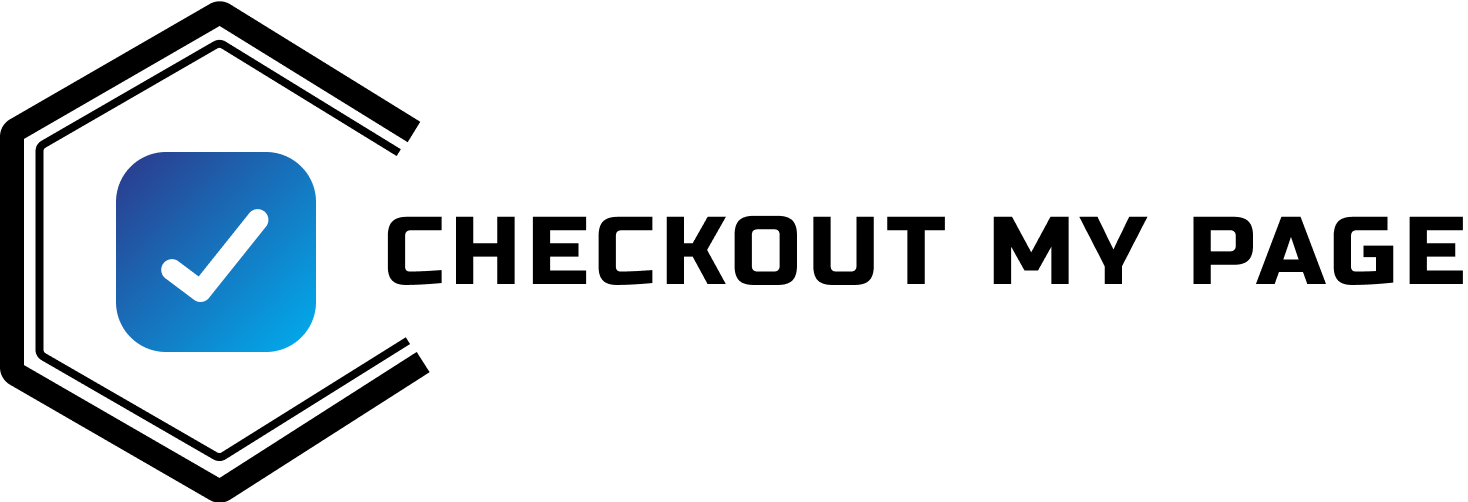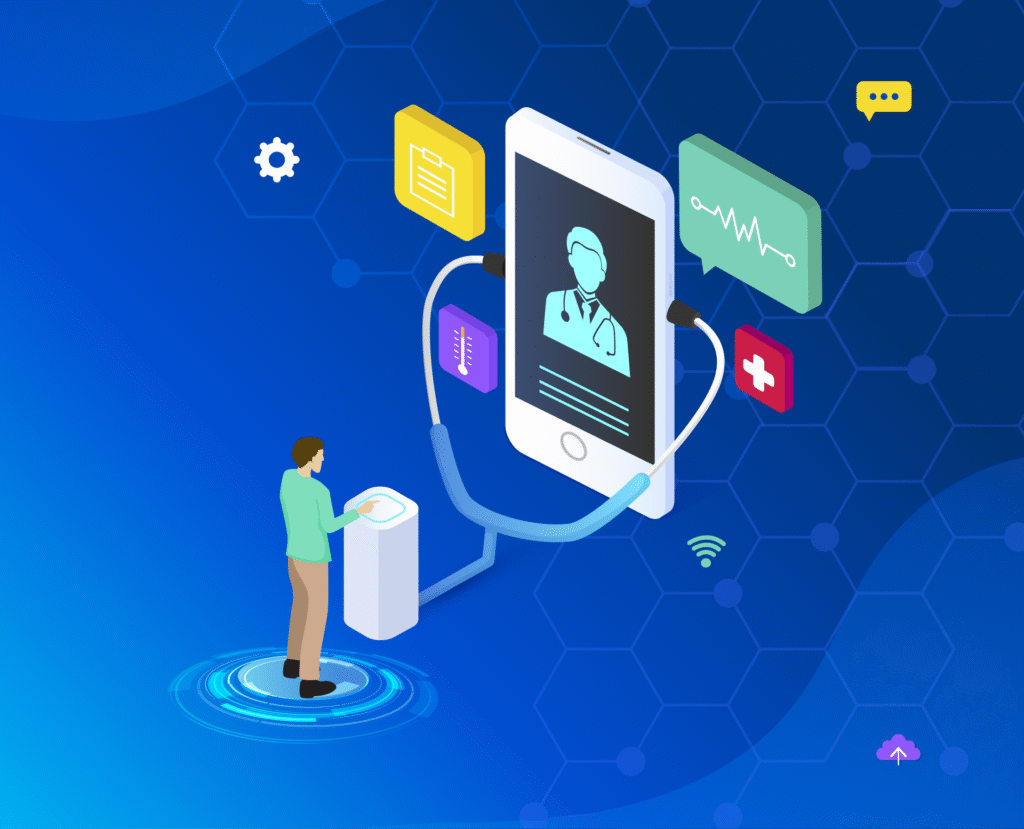The Role of Applications in Healthcare: Transforming Patient Care Through Technology
In today’s digital age, mobile and web applications are playing an increasingly crucial role in transforming the healthcare landscape. From simplifying appointments and managing medical records to enabling real-time remote care, healthcare apps are reshaping how patients and providers interact.
1. Bridging the Gap Between Patients and Providers
Healthcare applications make it easier for patients to connect with doctors and specialists without leaving home. Telemedicine apps, for example, allow virtual consultations, reducing the need for in-person visits. This is especially beneficial for individuals in remote areas or those with mobility issues. These apps also allow healthcare providers to offer timely advice, improving patient outcomes.
2. Easy Access to Medical Records
Healthcare apps give patients direct access to their medical records, prescriptions, test results, and health history — all in one place. This empowers individuals to take charge of their health and make informed decisions. For providers, it means faster access to patient information, leading to quicker diagnoses and personalized care plans.
3. Remote Monitoring and Chronic Disease Management
Applications now allow doctors to remotely monitor patients’ vital signs such as blood pressure, glucose levels, and heart rate. For patients with chronic illnesses like diabetes, asthma, or hypertension, this remote monitoring helps ensure regular tracking without frequent clinic visits. Alerts can be sent to caregivers or physicians if any reading goes beyond safe limits, allowing timely interventions.
4. Health and Wellness Tracking
A variety of mobile apps focus on general wellness, fitness, diet, sleep, and mental health. These tools help users build healthier habits and stay on top of their well-being. By tracking daily activity, water intake, or mood, these apps encourage proactive health management — often preventing issues before they arise.
5. Appointment Booking and Reminders
Gone are the days of waiting on hold to schedule a medical appointment. Most modern healthcare providers use apps to let users book, reschedule, or cancel appointments. These apps also send automated reminders, reducing no-shows and helping clinics run more efficiently.
6. E-Prescriptions and Medication Tracking
Applications can store e-prescriptions, remind patients to take their medications on time, and even send refill alerts. For patients on multiple medications, this ensures adherence to treatment plans and avoids dangerous mistakes like skipping or doubling doses.
7. Data-Driven Healthcare
Many healthcare applications use Artificial Intelligence (AI) and analytics to process data and deliver insights. AI-driven apps can analyze symptoms, offer potential diagnoses, suggest lifestyle changes, and even predict health trends based on user data. This helps providers make evidence-based decisions and create more effective care strategies.
8. Enhancing Healthcare Efficiency
From a hospital management perspective, healthcare apps reduce paperwork, streamline workflows, and improve patient engagement. Administrative apps allow staff to manage appointments, billing, inventory, and staffing efficiently. Overall, they help reduce costs while increasing service quality.
9. Privacy and Data Security
Modern healthcare apps comply with regulations like HIPAA (in the U.S.) or GDPR (in Europe), ensuring that sensitive patient data is securely stored and shared only with authorized individuals. This builds trust between patients and service providers.
Conclusion
The role of applications in healthcare is undeniably transformative. Whether it’s improving access, boosting efficiency, or personalizing care, healthcare apps are paving the way for smarter, faster, and more convenient medical services. As technology evolves, we can expect even more innovations that will shape the future of healthcare and make quality care accessible to all.


